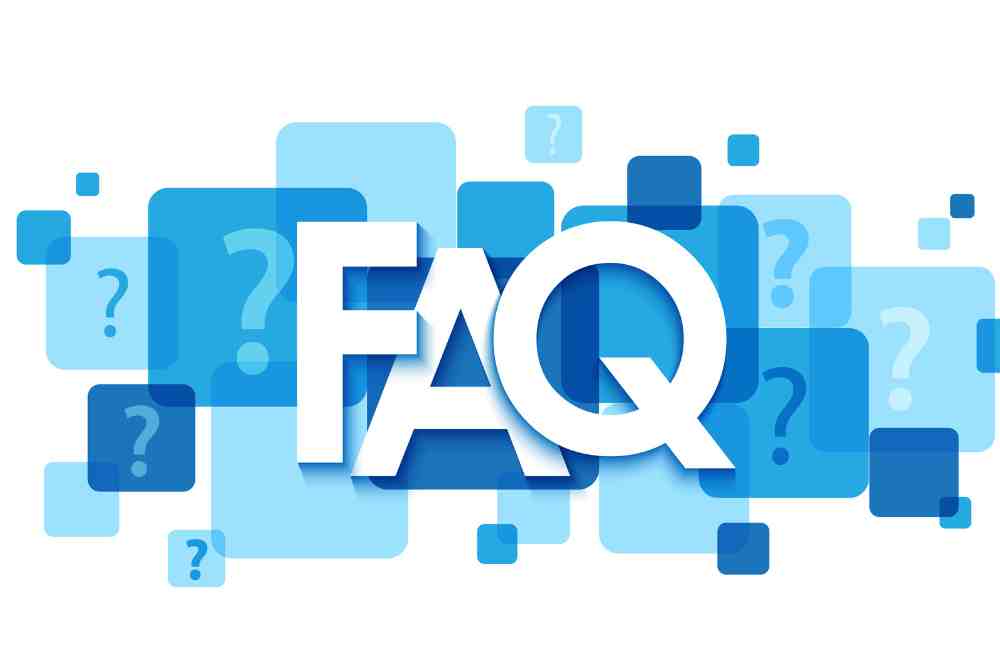Identifying the Optimal CRM Modules for Your Company

Customer Relationship Management (CRM) systems have become an essential tool for businesses of all sizes. These platforms help companies manage their interactions with customers, streamline sales processes, and improve overall customer satisfaction. However, not all CRM systems are created equal, and it’s crucial to identify the optimal CRM modules for your company’s specific needs. In this article, we will explore the key factors to consider when selecting CRM modules and provide valuable insights to help you make an informed decision.
The Importance of Choosing the Right CRM Modules
CRM modules are the building blocks of a CRM system, each designed to address specific business functions. By selecting the right modules, you can tailor your CRM system to meet your company’s unique requirements and maximize its effectiveness. Here are some reasons why choosing the right CRM modules is crucial:
- Efficiency: By selecting modules that align with your business processes, you can streamline operations and improve efficiency. This ensures that your CRM system works seamlessly with your existing workflows, saving time and resources.
- Scalability: As your business grows, your CRM system should be able to scale accordingly. Choosing modules that can accommodate future expansion allows you to avoid the hassle of switching to a new CRM system down the line.
- Customization: Different businesses have different needs. By selecting the right modules, you can customize your CRM system to match your specific requirements, ensuring that it provides maximum value to your organization.
- Integration: CRM systems often need to integrate with other software applications, such as marketing automation tools or accounting software. Choosing modules that offer seamless integration capabilities can enhance the overall functionality of your CRM system.
Identifying Your Company’s CRM Needs
Before diving into the selection process, it’s essential to identify your company’s CRM needs. This involves understanding your business processes, pain points, and goals. Here are some steps to help you identify your company’s CRM needs:
1. Assess Your Current Processes
Start by evaluating your existing processes and workflows. Identify areas where a CRM system could improve efficiency, such as lead management, sales pipeline tracking, or customer support. This assessment will provide a foundation for selecting the right CRM modules.
2. Identify Pain Points
Pinpoint the pain points in your current processes. Are there any bottlenecks or inefficiencies that need to be addressed? Understanding your pain points will help you prioritize the modules that can alleviate these issues and improve overall productivity.
3. Set Goals
Define your CRM goals. What do you want to achieve with your CRM system? Whether it’s increasing sales, improving customer satisfaction, or enhancing marketing campaigns, setting clear goals will guide your module selection process.
Key CRM Modules to Consider
Now that you have a clear understanding of your company’s CRM needs, let’s explore some key CRM modules to consider:
1. Contact Management
Contact management is a fundamental CRM module that allows you to store and organize customer information. It enables you to track interactions, manage contact details, and segment your customer database. This module is essential for building strong customer relationships and personalizing your communication.
2. Sales Automation
Sales automation modules streamline the sales process by automating repetitive tasks, such as lead scoring, email follow-ups, and quote generation. These modules help sales teams focus on high-value activities, improve conversion rates, and close deals faster.
3. Marketing Automation
Marketing automation modules enable you to automate marketing campaigns, track customer behavior, and nurture leads. These modules help you deliver targeted messages, measure campaign effectiveness, and generate more qualified leads for your sales team.
4. Customer Support
Customer support modules provide tools for managing customer inquiries, tracking support tickets, and ensuring timely resolution of issues. These modules help you deliver exceptional customer service, improve customer satisfaction, and build long-term loyalty.
5. Analytics and Reporting
Analytics and reporting modules provide insights into your CRM data, allowing you to measure performance, identify trends, and make data-driven decisions. These modules help you track key metrics, monitor sales pipelines, and optimize your overall CRM strategy.
Case Study: Company XYZ
Let’s take a look at a real-life example to illustrate the importance of selecting the right CRM modules. Company XYZ, a growing e-commerce business, was struggling to manage their increasing customer base and track sales opportunities effectively. They decided to implement a CRM system and carefully selected the following modules:
- Contact Management: To centralize customer information and improve communication.
- Sales Automation: To automate lead scoring and follow-ups, resulting in increased conversion rates.
- Marketing Automation: To deliver personalized marketing campaigns and nurture leads.
- Customer Support: To track support tickets and ensure timely resolution of customer issues.
- Analytics and Reporting: To measure sales performance and identify areas for improvement.
By choosing these modules, Company XYZ was able to streamline their operations, improve customer satisfaction, and achieve significant growth in sales. The CRM system provided them with a holistic view of their customers, enabling personalized interactions and targeted marketing campaigns.
Choosing the optimal CRM modules for your company is a critical decision that can significantly impact your business’s success. By assessing your company’s CRM needs, identifying pain points, and setting clear goals, you can select the modules that align with your requirements. Contact management, sales automation, marketing automation, customer support, and analytics and reporting are key modules to consider. Remember, the right CRM system, such as SaasExpert.ca, can empower your company to build stronger customer relationships, improve efficiency, and drive growth. Take the time to evaluate your options and make an informed decision that will propel your business forward.
Learn more about “Implementing CRM Solutions to Match Business Goals” right here.
Frequently asked questions about Identifying the Optimal CRM Modules for Your Company.

Question 1: How Do I Choose the Right CRM Modules for My Company’s Specific Industry? 🤓
That’s a fantastic question! Picking the right CRM modules is similar to selecting the right ingredients for a signature dish. 🍲 The ingredients may vary depending on the cuisine—or in our case, the industry! 🏭
First, it’s essential to understand the unique needs of your industry. For example, a healthcare organization might need modules focused on patient records and appointment scheduling, whereas a retail business might prioritize inventory management and sales tracking. 📈
Once you’ve identified the industry-specific needs, look for modules that cater to those. Make sure you’re also checking reviews, testimonials, and maybe even asking for a demo. 🎮
Question 2: Should I Start with Basic Modules and Upgrade Later? 🛠️
Great query! This strategy is like learning to swim; you might start in the shallow end and gradually venture into deeper waters. 🏊♂️
Starting with basic modules can be a wise choice, especially if you’re new to CRM software. This allows your team to get accustomed to the new system without feeling overwhelmed. 🤗
As your business grows and your needs become more complex, you can always upgrade or add more modules. Most CRM systems are pretty flexible and scalable, so expanding shouldn’t be a problem! 🌱
Question 3: How Do I Know If a Module Is User-Friendly for My Team? 👫
Ah, user-friendliness is key! It’s like buying a new smartphone—you want something intuitive that doesn’t require you to thumb through a 100-page manual. 📱
The best way to judge this is through a trial or demo. Involve the people who’ll actually use the CRM in this process. Let them play around with the features, enter some data, and perform some tasks. Their hands-on experience and feedback are invaluable in judging how user-friendly a module is. 👍
Question 4: Can I Integrate Third-Party Tools with My Chosen CRM Modules? 🔗
Absolutely! Integrations are the secret sauce that can make your CRM even more powerful. 🌟
Most modern CRM platforms offer robust API functionalities, allowing you to connect all kinds of third-party tools. Whether it’s your email marketing software, accounting package, or even your website analytics—there’s likely an integration available. 🛠️
Before you decide on a module, make sure it supports the integrations crucial for your business. This ensures a smoother workflow and more cohesive data management. 📊
Question 5: How Do I Ensure the CRM Modules I Choose Are Secure? 🛡️
Security is non-negotiable, especially when you’re dealing with customer data! It’s like installing a top-notch security system in your home; you want to make sure all entry points are covered. 🏠
First, read up on the security features offered by the CRM system. Look for features like data encryption, two-factor authentication, and regular security audits. 🕵️♀️
Also, make sure the CRM vendor is compliant with industry regulations related to data security and privacy. This is particularly crucial if you’re in an industry like healthcare or finance, which has stringent compliance requirements. 📜
So there you go! Identifying the optimal CRM modules for your company might seem like a Herculean task, but with the right approach, you can find modules that fit your business like a glove. 🧤 Happy hunting! 🎉
- crm
- customer relationship management
- Identifying the Optimal CRM Modules for Your Company
- What is CRM Software?






